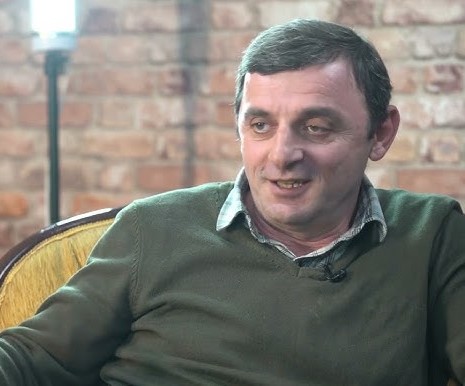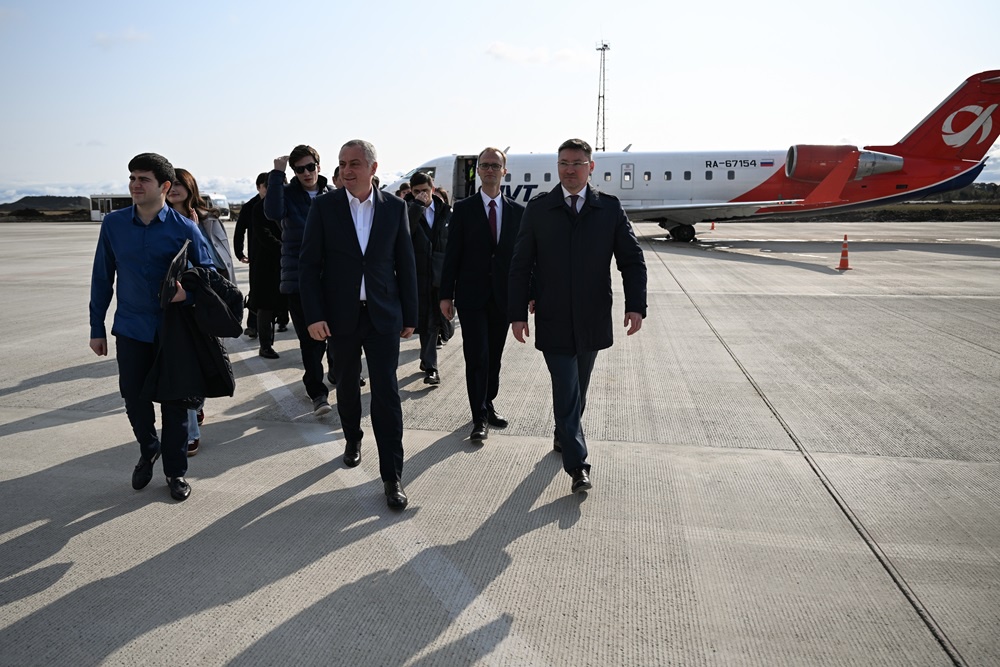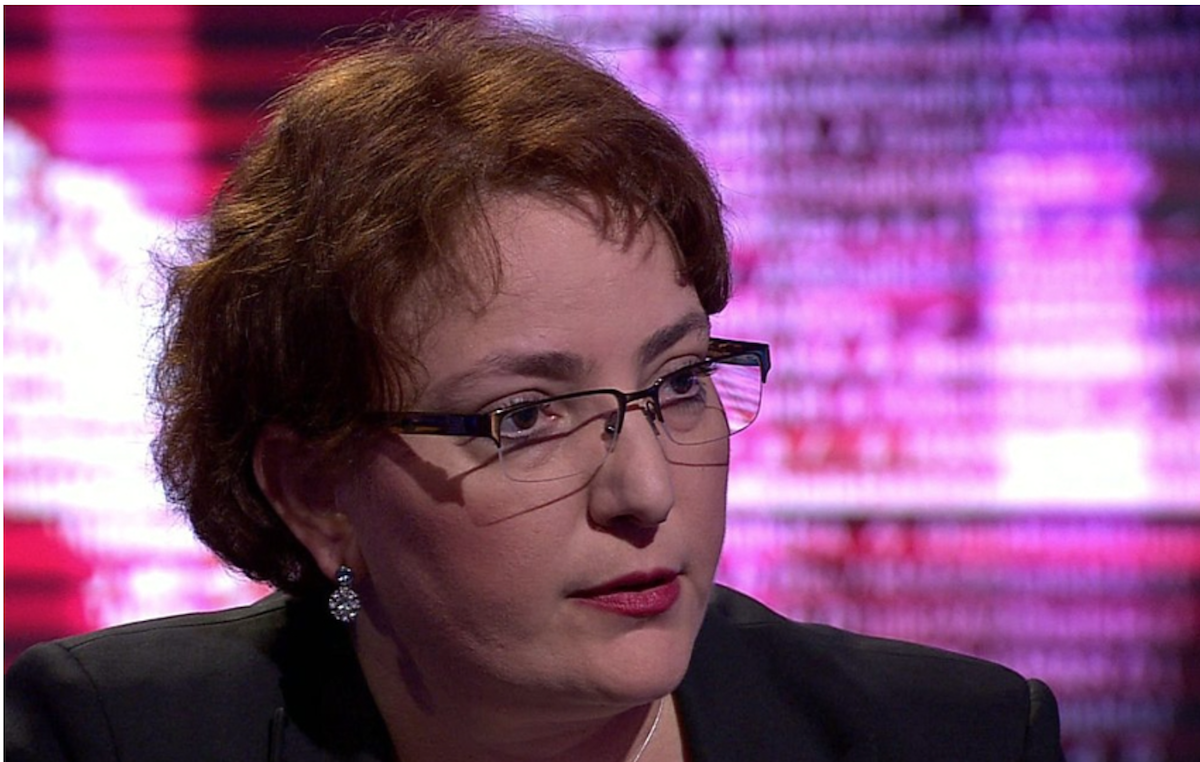"Georgia must learn to say 'yes'" - view from Abkhazia
On Georgia’s position towards Abkhazia
After 30 years of inactivity, the Sukhum airport has resumed operations — though it will only receive Russian aircraft.
The Georgian side reacted predictably negatively. But Abkhaz journalist Inal Khashig sees this stance as pointless and unconstructive.
In his column for Chegemskaya Pravda, Khashig explains why he believes it is time for Georgia to change its uncompromising position on Abkhazia.

Inal Khashig:
“The world is changing at a kaleidoscopic pace.
Trump befriends Putin and clashes with Brussels.
Tbilisi quarrels with Brussels and trades amicably with Moscow…
What recently seemed like a surreal fantasy is now taking real shape.
The only thing that remains unchanged is the official reaction of Tbilisi to developments in Abkhazia.
Even if Georgia were to return to the CIS, join the CSTO, or any other Moscow-led alliance, its view of Abkhazia would stay exactly the same — immune to time and circumstance.
And so, Tbilisi’s response to the reopening of Sukhum airport was entirely predictable and familiar: ‘Forbidden!'”
But how productive is this position?
No matter how much it may want to, Tbilisi cannot prevent the resumption of air travel between Abkhazia and Russia — just as it cannot influence any other area of Russian-Abkhaz cooperation.
The Georgian government is simply unable to intervene in relations between Sukhum and Moscow.
And the more the “rest of the world” remains closed to Abkhazia, the closer its ties with Russia become.
There’s another odd aspect to Tbilisi’s behaviour.
The restoration of air travel is in the interest of not just Abkhazia, but Russia too. And in recent years, the Georgian government has been actively engaging with Moscow — so actively, in fact, that it has earned the label of being “pro-Russian”. It seems likely that the ruling Georgian Dream party is quietly hoping the Kremlin will help it “bring back” Abkhazia.
At the same time, Tbilisi constantly refers to the Abkhaz as “brothers” and promises them the world if they come to their senses and return to the “fold of Georgia”.
Against this backdrop, the routine protest against air travel appears not only pointless but counterproductive — because in doing so, the Georgian authorities anger Russia, whom they count on to return Abkhazia, and further deepen the Abkhaz mistrust towards Tbilisi.
Of course, Tbilisi doesn’t need my advice. But I would still suggest a more rational approach to Abkhazia.
To start with, try learning to say “yes” — especially in situations where your opinion doesn’t really change anything. This could add a more positive emotional tone to relations between Tbilisi and Sukhum, as well as to business ties between Georgia and Russia.
And then, perhaps, the changes sweeping through the world might finally reach the Georgian-Abkhaz space too.
Toponyms, terminology, views and opinions expressed by the author are theirs alone and do not necessarily reflect the views and opinions of JAMnews or any employees thereof. JAMnews reserves the right to delete comments it considers to be offensive, inflammatory, threatening or otherwise unacceptable.





















